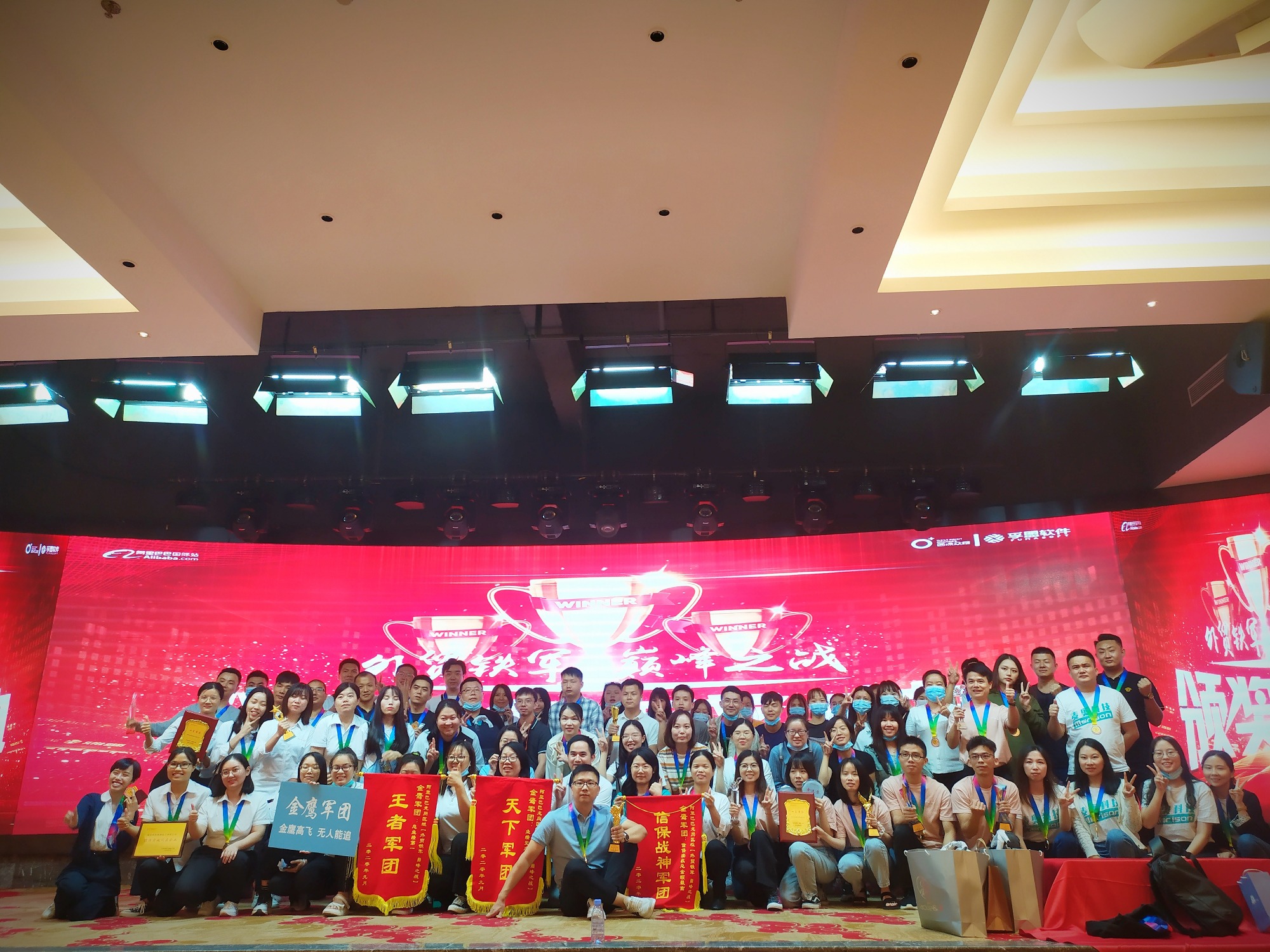Silencing Cell Phones in Public Places
Ring, ring… These days, it's almost impossible to catch a movie or grab a bite to eat at a restaurant
without having the experience interrupted by the sound of a cell phone ringing.
"Sometimes I go into a restaurant and I want to enjoy a meal or coffee and quietly read, and someone
begins talking really loud on their cell phone. It's obnoxious," said Oakland, Calif., resident Charles Crowder.
With more than 100 million cell phones worldwide and growing, the problem is likely to get worse.
In the United States alone, it's estimated that in five years 84 percent of U.S. citizens will have a mobile phone.
But a backlash against the cellular nuisance has already begun. In restaurants across the United States, signs
asking diners to turn off their phones are becoming increasingly common. In Maine's Baxter State Park, mobile
phones are illegal except for emergencies. The resistance has even reached the White House: President Bush
has reportedly banned cell phones from staff meetings.
In fact, several governments across the world are now considering imposing etiquette on mobile gabbers in public
spaces by legalizing technology that blocks cellular signals.
Quit Your Yapping
Cell phone jammers have been around since 1998. The devices, which cost around $1,000, can block signals in a
room about the size of a movie theater. The jammer sends out a low-power, encoded radio signal or modulated radio wave.
Jammers work in one of two ways. Some devices set their signal to the same frequency as pagers and mobile phones, cutting
off communication between handsets and base stations. Others work as electronic filters that fool mobile phones into thinking
there are no frequencies available to make or receive calls. Manufacturers of the devices say the jamming only affects the
designated area (most radii are a couple dozen to several hundred feet) and works only on cellular transmissions.
Sounds like the perfect solution to pesky phones, right? The problem is, except for Israel and Japan, cell phone jammers
remain illegal in most developed countries, including the United States, Great Britain, Canada, Switzerland, and Australia.
The tide, however, may be changing. This past spring, both Hong Kong and Canada announced they would consider legalizing
jammers in an effort to curb bad phone behavior in public. Around the same time, the leaders of India's parliament revealed they
had already installed the devices to avoid interruptions during sessions.
Coming to a Theater Near You?
Bringing jamming devices to the United States might prove trickier. The 1934 Telecommunications Act makes it illegal to inhibit the
use of public airwaves, which is exactly what jammers do. In 2000, the Federal Communications Commission affirmed this ban on
jammers. Only an act of Congress could change that.
But as public resentment of chirping disturbances continues to grow, such a major change in the legal landscape becomes less far-fetched. Last year, Letstalk.com found that 57 percent of Americans favor barring cell phones from restaurants, theaters, and other public places.
The U.S. cellular industry, however, is likely to continue to fight jammers tooth and nail.
"The technology is illegal in the U.S., and it's our position that it should be," said Travis Larson, spokesman for the Cellular Telephone Industry
Association (CTIA), based in Washington.
According to Larson, jammers put lives at risk by hindering a hospital's ability to page doctors at dinner or blocking emergency calls, for example.
Each day, he notes, more than 118,000 emergency calls are made from cell phones.
Rather than relying on new technology, a better solution to the cell phone nuisance may lie in promoting old-fashioned manners, Larson said. CTIA and many of its member companies, including mobile phone manufacturer Nokia and service provider US Cellular,
are pouring money into public education campaigns to encourage cell phone users to be more considerate.
"The answer is etiquette, education, making sure people are using their cell phones in ways that don't invade other people's space," Larson said.
 Greetwin-Drone detector and jammer application scenarios
Greetwin-Drone detector and jammer application scenarios
 Greetwin Travel Activities
Greetwin Travel Activities
 Alibaba March Purchasing Festival
Alibaba March Purchasing Festival
 at war with Coronavirus
at war with Coronavirus